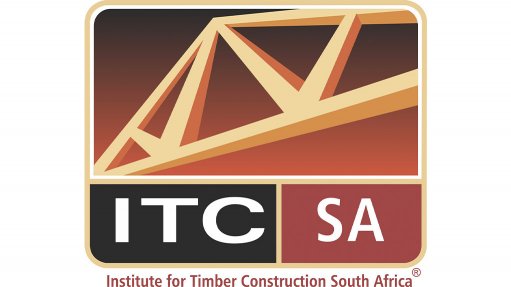
Established more than 45 years ago to help formalise and advance the timber roof construction industry and protect its consumers, the Institute for Timber Construction South Africa (ITC-SA), South Africa’s professional body for the engineered timber construction industry, announces its resolution of dormancy as of 1 November 2019.
This resolution was formally agreed upon at a recent board meeting held in Isando, Gauteng, and comes on the back of protracted talks with various stakeholders regarding sustainable funding avenues to support the work of the ITC-SA into the future.
“In the past, a compulsory membership system was in place, whereby all licensed fabricators were required to hold membership with the ITC-SA to ensure the continued self-regulation of the engineered timber construction industry in South Africa,” says Amanda Obbes, ITC-SA General Manager.
“However, over the past two years, this membership has become voluntary; coupled with a struggling economy, this has set member support in this critical field into decline. Without the full support of all stakeholders, the Institute cannot adequately serve its membership as it has done in the past, through technical standards, auditing and inspection procedures and processes developed over the past 46 years,” she explains.
“This resolution comes as a major blow, not only to the Institute as a critical and essential custodian of the engineered timber construction sector, but to its many members who actively pursue excellence in the built environment through world-class timber construction, roofing and decking,” says Obbes, concluding, “Engineered timber construction remains a viable and intelligent choice in roofing and construction; however without an entity enforcing high standards and protecting the consumer, the future of quality timber roofing and construction in South Africa is uncertain.”